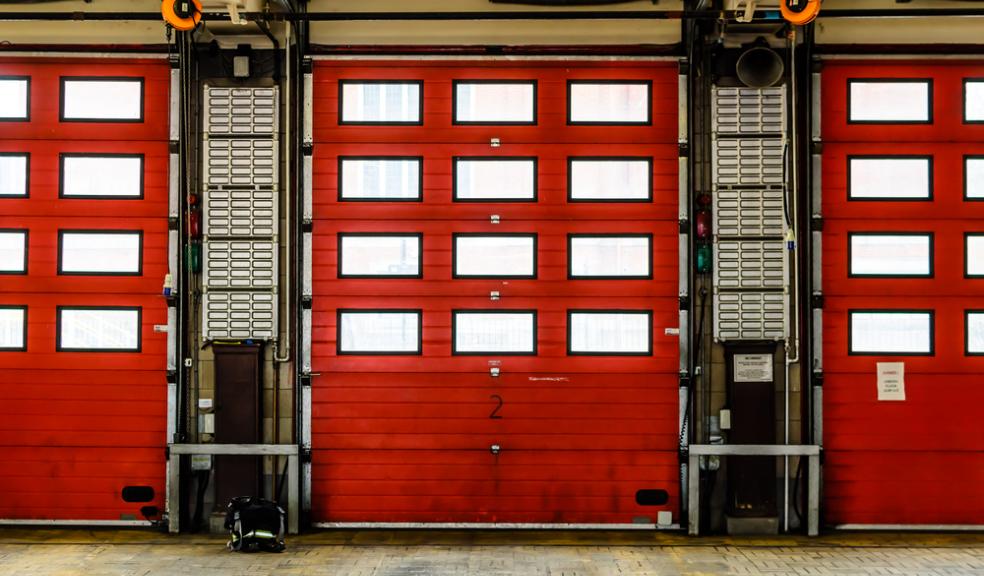
Firefighters confirm four-hour strike action
Firefighters will strike over pensions on Wednesday (25 September), the Fire Brigades Union (FBU) has announced. The strike will take place for four hours, between noon and 4pm.
Almost 80% of members voted in favour of industrial action in a ballot that ended earlier this month, although union officials say that they have left the strike to the last possible moment to allow for the possibility of a negotiated settlement.
Matt Wrack, Fire Brigades Union General Secretary, said:
“This initial strike is a warning shot to government. Firefighters could not be more serious about protecting public safety and ensuring fair pensions.
“Governments in Westminster and Cardiff have simply refused to see sense on these issues.
“It is ludicrous to expect firefighters to fight fires and rescue families in their late-50s: the lives of the general public and firefighters themselves will be endangered.
“None of us want a strike, but we cannot compromise on public and firefighter safety.”
The government called the decision to strike "unnecessary and avoidable" and confirmed the contingency plans in each fire service area - legally required to be actioned during periods of strike - were "robust".
Firefighters in Scotland will not strike next week while union officials are discussing the Scottish Government’s most recent proposals.
The FBU argues that the government’s own figures have shown that thousands of firefighters could face the sack without access to a proper pension simply because they are getting older.
They claim that a recent government review found that over half of current firefighters between the ages of 50 and 54 are no longer able to meet fire and rescue service fitness standards for fighting fires. Beyond the age of 55, two thirds fail to meet the standards.
The union said that although the government had previously claimed that older firefighters could be moved to less physically demanding roles, FBU research found only a handful of ‘redeployment’ opportunities in fire and rescue services. The FBU claims that this means mass sackings would be inevitable.
According to the union, firefighters already pay some of the highest pension contributions in the UK public or private sector and have seen increases for two consecutive years. The majority of firefighters already pay almost 13% of their salary in contributions with further increases due next year. This will mean some firefighters now face an increase six years in a row, it argues.
Firefighters also argue that the government’s financial projections are flawed. They are based on a prediction of a 1% decline in pension sign-up, but their own information suggests that over 25% of whole-time firefighters recruited last year chose not to join. The FBU has warned these figures clearly demonstrate that changes to the scheme are already having an impact and, if the trend continues, that the financial viability of the scheme will be seriously undermined.
But the government's Fire Minister Brandon Lewis said the "decision by the FBU to take strike action is entirely unnecessary and avoidable".
"After two years of discussions, and with improved terms, the pension on offer to firefighters is one of the most generous public service pensions available," he said.
"A firefighter who earns £29,000, and retires after a full career aged 60, will get a £19,000 a year pension, rising to £26,000 with the state pension.
"To get the same pension from a private scheme firefighters would have to contribute twice as much."
Are you supportive of strike action or not? Tell us what you think.
You can find out how to post an article or blog for us here.
Twitter: Tweet us @ThePlymDaily #webcasts
Facebook: Post a comment on our Facebook site.











